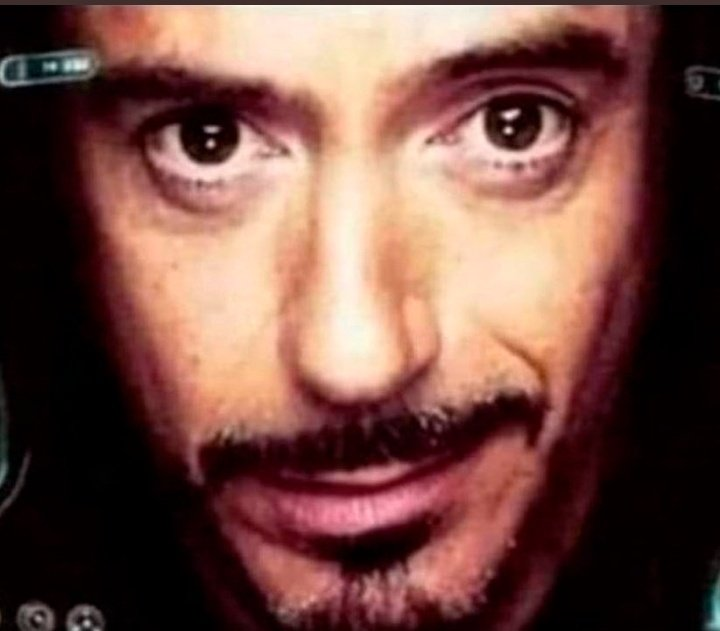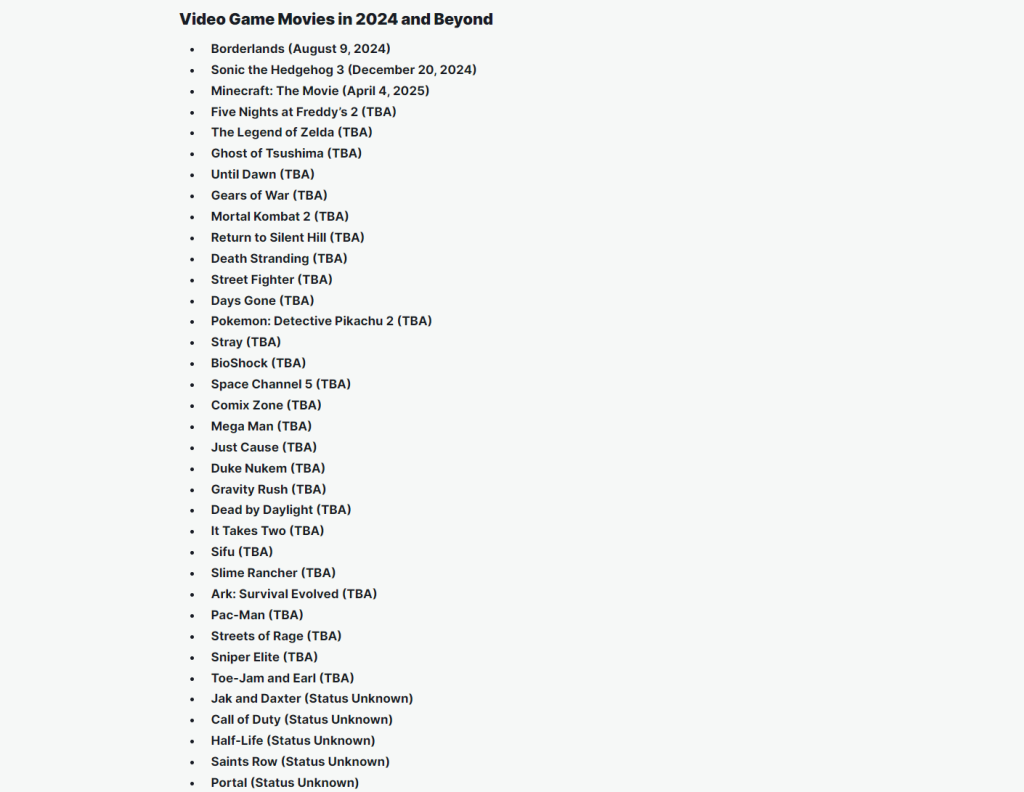The year is 1999. Cinemas are being treated to A new Star Wars movie, and people loved it (they now hate it). They were also treated to Fight Club, and they hated it (They now love it). Charlie Kaufman wrote his first major film with Being John Malkovich (Incredible movie). Stanley Kubrick released his last movie Eyes Wide Shut and died shortly after (biggest loss in cinema history). The Matrix was released and people we’re freaking out about reality (and the technology it brought with it that would define films to come). Y2K was in full swing and people thought the world was going to end and planes were going to fall out of the sky. A little Mitchell was about to be born (the downfall begins). 25 years have past and the state of cinemas has evolved to the point where Artificial intelligence has started to become integrated and streaming services are dominating to the point where some films that would have been wide releases in 1999 are now available on our 4K televisions. 25 years is a long time for technology to evolve and major events and changes to impact industries. So what will cinema look like in 2050?
POSSIBLE FUTURE
When looking at what the future of cinemas could look like in 2050, there’s a lot of possibilities. I’m still of the belief that cinemas are too engrained and integral to the way we view movies to become a thing of the past. In saying that though it is still a possibility. Streaming could become the main way we watch new movies and cinemas could be phased out. This would be the worst timeline. Assuming they will still be around by 2050, what are some of the technologies and changes we could see to cinemas, what we watch in them? ChatGPT believes these are some of the changes we could see come 2050:
- Virtual Reality and Augmented Reality
- Holographic Displays
- Interactive Elements
- Biometric Feedback
- Artificial Intelligence
- Advanced Audio-visual Technologies
- Smart Seating
- Environmental Controls
- Sustainable Practices
- Streaming Integration
Some of these seem like quite a stretch, but we need to remember, things like Artificial intelligence and Virtual Reality were technologies we only saw in science fiction films. I own a virtual reality headset (I’m currently using the box as a foot rest) and had some of the most immersive experiences in my gaming life on it. Artificial intelligence can now be used anyone. It helped me write my resume (and this assessment). It can write a script for a short film. While this isn’t anything ground-breaking, it’s still pretty impressive. Imagine telling someone in 1999 that a program can write a full blown script for you. Here’s one example with the prompt “horror movie set in an apartment and a serial killer”:
PROBABLE FUTURE
Script writing could be only the start of AI and its relationship with film. As stated in my previous posts, I think we could see scripts being written by or at least assisted by AI within the next 10 or so years. I think by 2050 things could go further than that. AI films/videos are already a thing.
This is a new thing right now, but come 2050, I think its probable AI will be well and truly engrained in the filmmaking process, and we will be seeing AI generated/Involved films on our silver screens. Whether we like it or not, this is a technology that is now a part of ever evolving world, and our entertainment industry constantly inaugurates emerging technology into the production of films. We only need to look back at how movies were originally made, from analogue to digital, to realise this change is enormous for the industry. As Priya Parikh states in her thesis on AI and Film “By introducing AI as part of the production process, the preoccupation with formal aesthetics turns into questioning the function of the changes in the methods of film production, and consequent exhibition, and spectatorship.” (P.5) . We are already seeing backlash for AI produced marketing, and the idea of production methods introducing AI is something people aren’t comfortable with. This technology isn’t something that will be stopped being used and experimented with though. Its only going to get better, and with that will only be used more and come 2050, I don’t doubt we will be seeing AI films on our screens.
PREFERABLE FUTURE
I’ll be 51 by the time 2050 rolls around. For the 25 years I’ve been around, Films and cinemas have been a huge part of my life. Cinemas aren’t something I want to see disappear and while I’m certain they won’t, what were seeing them most certainly will. The most preferable outcome is that AI is kept to a minimum in the filmmaking process. I’ve said it before and I’ll say it again, without humans driving the production, we lose all humanity the film has. And without human emotions behind the scenes, what’s the point of watching the movie. I don’t doubt that it would be an interesting gimmick to see a completely AI generated film, but for it to be a norm when it comes to production and script writing would be the death of films and the places we watch them in my eyes.
On a lighter note, there are some of technologies ChatGPT brought up that would be nice to see. These include:
- Advanced Audio-visual Technologies
- Smart Seating
- Sustainable Practices
- Holographic Displays
CONCLUSION
To wrap up these three posts on the what the next 25 years of cinemas looks like, I just wanted to say I’m hopeful for the future. They’re an important part of society and brings joy to many, myself included, but it seems things are changing quicker now than ever before. These changes can be both exciting and scary, but I’m hopeful either way. If cinemas and films survived through the pandemic, I don’t see them being phased out any time soon. As long as AI is kept in check and doesn’t take everyone’s jobs, I’ll be pretty happy with whatever future we have in store for cinemas and what we’re watching there.
REFERENCES
Parikh Chetan, Priya 2019, ‘AI Film Aesthetics: A Construction of a New Media Identity for AI Films’ https://www.proquest.com/docview/2383043097%20Theses&accountid=15112&parentSessionId=IIJGU4RXkFUfljWutMDs7QTN%2Bebxp8lx2m%2FrKGwUKEc%3D&sourcetype=Dissertations%20 [24 May 2024]
Hibberd, J 2024, ‘A24’s New AI-Generated ‘Civil War’ Ads Generate Controversy’ https://www.hollywoodreporter.com/movies/movie-news/a24-civil-war-posters-controversy-1235876340/ [26 May]
Andriasyan, Siranush 2022, ‘How Artificial Intelligence Is Used in the Film Industry’ https://smartclick.ai/articles/how-artificial-intelligence-is-used-in-the-film-industry/ [27th May 2024]


